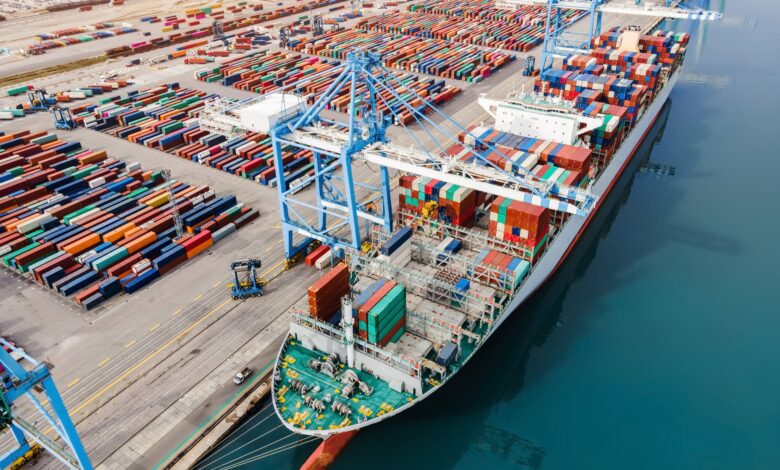
Key stakeholders in Ghana’s port operations are set to stage a significant protest today, Tuesday, September 24, aimed at addressing the mounting frustrations over shipping lines entering the country. The protest, spearheaded by members of various industry associations, highlights a growing concern about the hidden charges frequently imposed on stakeholders in the shipping community, which have become a financial burden for many.
Alex Asiamah, the First Vice President of the Ghana Institute of Freight Forwarders (GIFF), explained that the protest seeks to demand transparency and accountability from shipping lines regarding these undisclosed fees.
“The hidden charges have been detrimental to our operations and profitability,” he stated. “We are standing together as a unified front to call for an end to these exploitative practices that negatively impact our members and the broader economy.”
The protest will see participation from a coalition of organizations, including the Association of Customs House Agents of Ghana, the Freight Forwarders Association of Ghana, and the Customs Brokers Association of Ghana.
Asiamah emphasized that the collective effort represents a broad spectrum of stakeholders who share a common goal of reforming the shipping industry’s practices in Ghana.
In a revealing statement, Asiamah highlighted the financial strain placed on stakeholders, noting that it currently costs nearly $1,000 to release a 40-foot container from the shipping lines.
“This exorbitant fee is an unsustainable burden that our members are struggling to bear,” he lamented. “We are demanding that shipping lines justify these charges and work with us to create a more equitable system.”
The protest not only aims to address the immediate issue of hidden charges but also seeks to raise awareness about the overall operational challenges faced by the shipping community in Ghana.
Asiamah underscored the importance of collaboration among all stakeholders to ensure that the shipping industry can thrive without unfair practices that stifle growth and innovation.
As the protest unfolds, participants plan to engage with key government officials and stakeholders in the shipping and logistics sectors to push for reforms.
“We believe that constructive dialogue is essential for bringing about the changes needed to foster a fair and competitive shipping environment in Ghana,” Asiamah concluded.
The outcome of today’s protest could have significant implications for the future of shipping operations in Ghana, as stakeholders seek to reclaim their rights and improve the business climate within the industry.
LISTEN TO THE AUDIO BELOW:
Story by Osei Akoto (Teacher Kojo) #Ahotoronline.com




